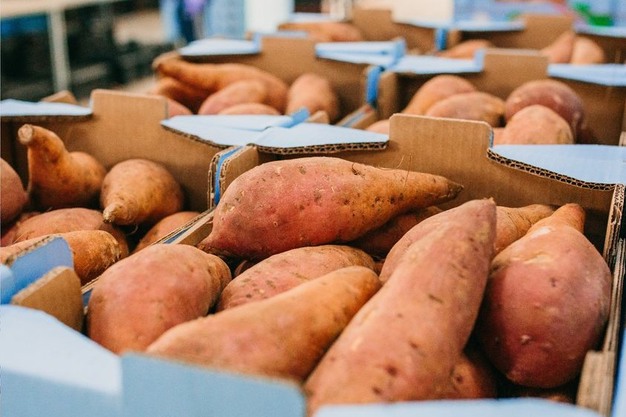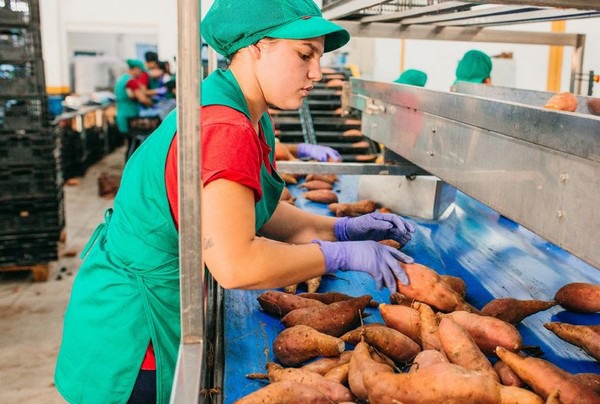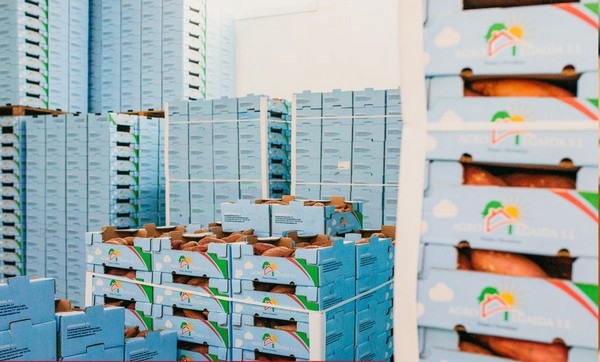The sweet potato campaign started in the northwestern region of Cadiz with the planting of seedlings at a time of great uncertainty as the Hydrographic Confederation of the Guadalquivir has announced that there will be considerably less irrigation water available due to the drought. Water has been a scarce resource in Andalusia for many months and the drought had a significant impact on sweet potato cultivation last season as well.
“There were considerably fewer kilos because there was not enough water for the crops to reach full growth. The quality was also lower, but prices were about 15% higher than in the previous year," stated Antonio del Moral, from Agroalgaida.

“However, this higher price didn't compensate for the drop in production nor the 30 to 35% increase in costs. We also had to deal with competition from Egypt and had quality control issues with supermarkets," Antonio added.
“A sweet potato is not like a mango, which has a specific shape that is always the same. Sweet potato is a tuber and grows under the ground with different shapes and calibers, so retail isn't always satisfied with the product they get because it is longer than usual or because it is not in the 300 to 600-gram weight range."

“30 to 35% of the sweet potato in the fields are discarded and can't be marketed fresh, but after the controls of the retail chains, that percentage can go up to 60 or 70%. If we couldn't divert the product to the processing industry, production for the fresh market wouldn't be profitable at all. This year, in fact, industry prices haven't been bad and maybe account for that 14-15% extra we've made.”
This year, Agroalgaida will decrease the area devoted to sweet potatoes by 25% due to the lack of water. “We have to use the little water there is to grow this product and the other products we grow. We make a lot of white zucchini, carrots, potatoes, and also leek.”

"In the meantime, we have started harvesting leeks. Last year was horrible”, Antonio del Moral stated. "We worked very hard to get our crops, and after all that work, costs incurred, and using water that could have been used for other crops, we were forced to plow the fields because there were no sales. Let's hope this doesn't happen this year again."
For more information:
Agroalgaida
La Algaida C/ Central, n.º 1
11540 Sanlúcar de Barrameda
antoniodelmoralibanez@agroalgaida.com
